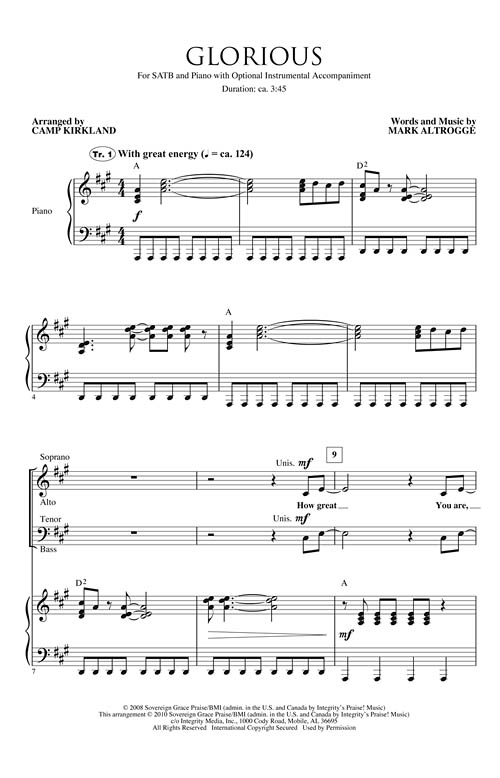

When that results in awful music such as Beethoven’s Wellington’s victory or Tchaikovsky’s Overture 1812, we don’t need to worry about a clash between or conscience and our good taste.īut what about Haydn’s war mass? When he wrote the work in the summer of 1796, his homeland was under attack from the French on two fronts. In the 18th and 19th centuries, however, composers more often glorified war. Examples range from Benjamin Britten and Leonard Bernstein to Bob Dylan. Haydn’s mass in time of war: pacifist or belligerent?Īt least since World War One, we’re used to music echoing pacifist sentiments. What’s less clear, is what Haydn was trying to say. In Haydn’s Missa in tempore belli (Mass in time of war), there’s no doubt that the drumming and tooting are meant to evoke military conflict. Sometimes to evoke the battlefield, sometimes just for the fun of it – like in Mozart’s Jupiter symphony. Their typical musical gestures – drum rolls and fanfares – found their way to the standard language of classical composers. What it does have in abundance are trumpets and timpani.

Such military music rarely excels in subtlety. And few things get their juices flowing like the musical praise of their glorious deeds on the battlefield. Apart from the church, royalty and nobility were the main sponsors of music. The military roots of classical musicīorn in a continent continually ravished by armed conflict, it’s no wonder that classical music was partly shaped by the ritual of warfare. Which is hard to believe in – much as I do wish a Papa Haydn in the garden of everyone who falls victim to present-day Napoleons (or worse). One about the power of art withstanding the barbary of war. He might be an old bore, but at least he offers you comfort when you most need it.īut maybe there’s a more universal message to this story as well. This anecdote perfectly fits the popular image of good old ‘Papa’ Haydn. Where Haydn is, nothing can happen to you.” Bombardment of Vienna on May 12, 1809. But while his household was understandably scared out of their wits, the bed-ridden 77-year old exclaimed dryly (and a bit smugly): One cannonball had the nerve to fall into the courtyard of Austria’s most famous composer: Joseph Haydn. On May 12, 1809, Vienna was under siege by the French, who would soon capture the city.


 0 kommentar(er)
0 kommentar(er)
